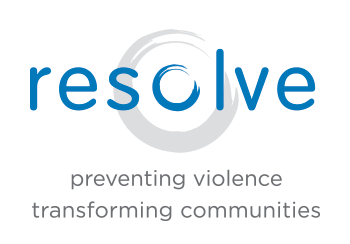People sometimes tell me that they hate conflict, and so setting boundaries is difficult for them. In reality, learning to set boundaries is perfect for the person who wants to avoid conflict because it prevents conflict from arising or becoming worse.
• You eventually explode and jeopardize the relationship;
• You avoid the person and/or have to end the relationship; or,
• It escalates into a more serious issue where physical or sexual assault may occur.
Boundary-setting does not mean asking for everything to go your way. It is not really a “boundary” for me to say, “I feel uncomfortable when you snort when you laugh. I need you to stop.” However, if a behavior is happening that may lead to one of the three points above, it’s my responsibility to bring it up.
Boundary-setting is personal safety. Setting boundaries can create emotional safety in relationships as well as prevent assault.
It’s incredibly unlikely for the stranger on the street to assault us. Even when a stranger crosses our boundaries verbally, we don’t think nearly as much of it as when a family, friend or co-worker does the same. These are the skills that we need not only to stay safe, but also to create easier, joyful and fulfilling relationships.
